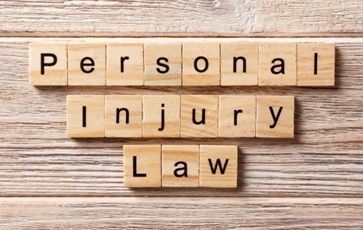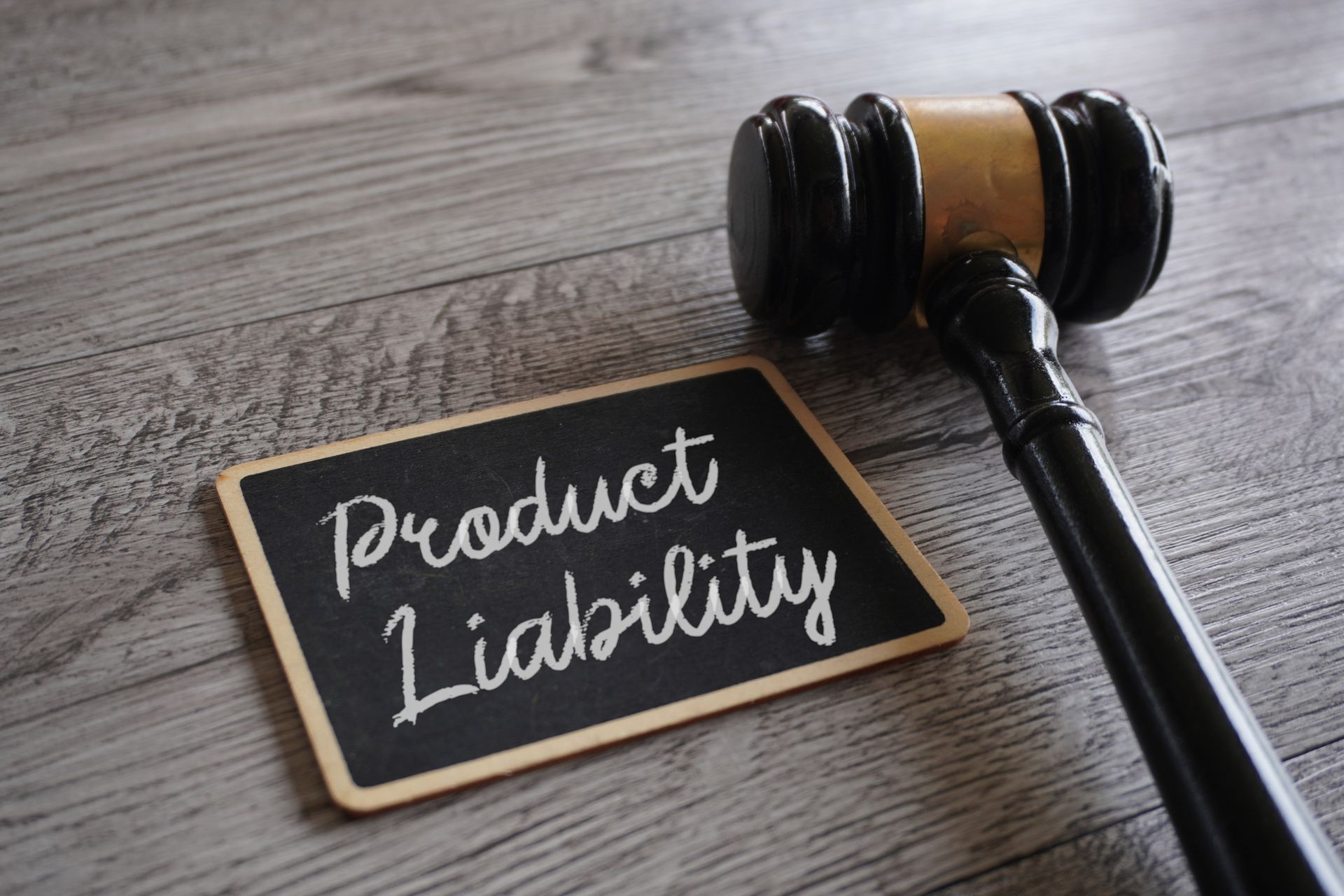
5 Warning Signs of Neglect or Abuse in Nursing Homes
When you entrust your loved ones to a nursing home, you expect the staff to treat them with utmost care. However, cases of elder abuse are rife in eldercare centers. When you visit your parents or loved ones in nursing homes, watch out for the signs below that may indicate elder neglect or abuse.
1. Poor Hygiene
Federal and state requirements mandate nursing homes to maintain safe, clean, and sanitary conditions for residents. Many residents in eldercare centers are too frail to do personal care on their own, especially those with conditions like dementia and Alzheimer's disease.
Poor hygiene is a common indication of nursing home abuse, where staff don't adequately bathe a resident or wash their clothes. Are the beddings, kitchen, bathroom, and other common areas always dirty? Do you frequently find your loved one in soiled diapers?
An understaffed nursing home is among the common causes of poor hygiene. Other eldercare centers hire untrained and uncertified staff in eldercare. Poor hygiene in a nursing home can cause disease outbreaks, significantly affecting immunocompromised residents. In such cases, file a nursing home abuse lawsuit to get the compensation your loved one deserves.
2. Unexplained Cuts, Bruises, and Skin Tears
Signs of elder physical abuse are easy to spot via visible injuries like burns, cuts, bleeding, and broken bones. These injuries arise from the aggressive actions of nursing home staff, such as striking, slapping, pushing, and hitting with objects. Also, look for signs of restraints, such as bruises and abrasions around the ankles, wrists, and knees.
Your loved one may refuse to see a doctor about their injuries, or the nursing staff may refuse to leave the resident alone when you visit. Such cases are serious, and you should report the center to authorities and hire an attorney.
3. Sudden Weight Loss
While seniors lose weight due to several reasons, sudden weight loss can indicate neglect or abuse. Many nursing home residents have chronic conditions and functional disabilities that impair nutrition and hydration. In the absence of frequent interventions from staff, such seniors lose weight due to improper nutrition.
Seniors who suffer from sudden weight loss are at risk for other issues, such as infections, pressure ulcers, hip fractures, and muscle wasting. Residents in understaffed nursing homes commonly suffer from poor nutrition, as nursing assistants don't have enough time to confirm that the residents receive proper nutrition.
If your loved one suffers from deteriorating health conditions from improper nutrition in an eldercare center, contact an attorney immediately to file a lawsuit.
4. Bedsores
A person who stays in one position for too long, such as in a bed or wheelchair, is vulnerable to bedsores. If a senior has a condition that makes them immobile, they require assistance to switch positions. In the absence of this assistance, seniors develop severe bedsores.
Poor nutrition and hydration and recent weight loss are other risk factors for bedsores. If you notice areas of redness on your loved one's skin, ask staff about their prevention measures against bedsores. If you are unsatisfied with the answers, talk to an attorney about nursing home neglect.
5. Reduced Mobility
While many nursing home residents have mobility issues, you should be worried if your loved one's mobility has reduced since they moved to the eldercare center. Reduced mobility can indicate the lack of individualized attention or the absence of a walking program. A resident who stays immobilized for a long time also develops mobility problems. Over time, immobility leads to blood clots, pneumonia, and other serious conditions.
At the Law Offices of Janice Maloney, we take nursing home abuse issues very seriously.
Call us today to ensure your loved one receives compensation for abuse and injury.




